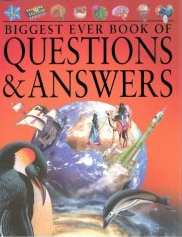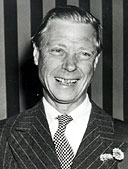 Yesterday while waiting in the barber shop I took a look at a children’s book they had amongst the magazines, titled Biggest Ever Book of Questions and Answers. One of the entries read as follows:
Yesterday while waiting in the barber shop I took a look at a children’s book they had amongst the magazines, titled Biggest Ever Book of Questions and Answers. One of the entries read as follows:
Why Are Some Lands Richer Than Others?
Some lands have good soil, where crops can grow. Some have oil, which is worth a lot of money. But other countries have poor soil, little rain, and no minerals. However hard people work there, they struggle to survive.
Well, sure, variation in the supply of natural resources is certainly one reason why some lands are richer than others. But to omit political factors entirely is hardly honest. Is superiority of natural resources really the reason why, say, Luxembourg and Hong Kong are so much richer than Honduras or Angola? It does children no service to teach them that poverty is due solely to the arbitrary favours of nature rather than to the remediable wickedness of political institutions.
 But it soon transpires that the Biggest Ever Book of Questions and Answers is no disrespecter of governments. Reading a little further, under “What Is A Head Of State?,” I learned that “The most important person in a country is the head of state.”
But it soon transpires that the Biggest Ever Book of Questions and Answers is no disrespecter of governments. Reading a little further, under “What Is A Head Of State?,” I learned that “The most important person in a country is the head of state.”
Really? So for example in 1936, in an England that included Francis Crick, Paul Dirac, J. B. S. Haldane, F. A. Hayek, Aldous Huxley, John Maynard Keynes, C. S. Lewis, George Orwell, Bertrand Russell, Alan Turing, Frank Whittle, Ludwig Wittgenstein, and Virginia Woolf, the most important person in England was the blithering nonentity named Edward Albert Christian George Andrew Patrick David Saxe-Coburg-Gotha Windsor?
By that time the barber was ready for me, so I was spared further inanity.